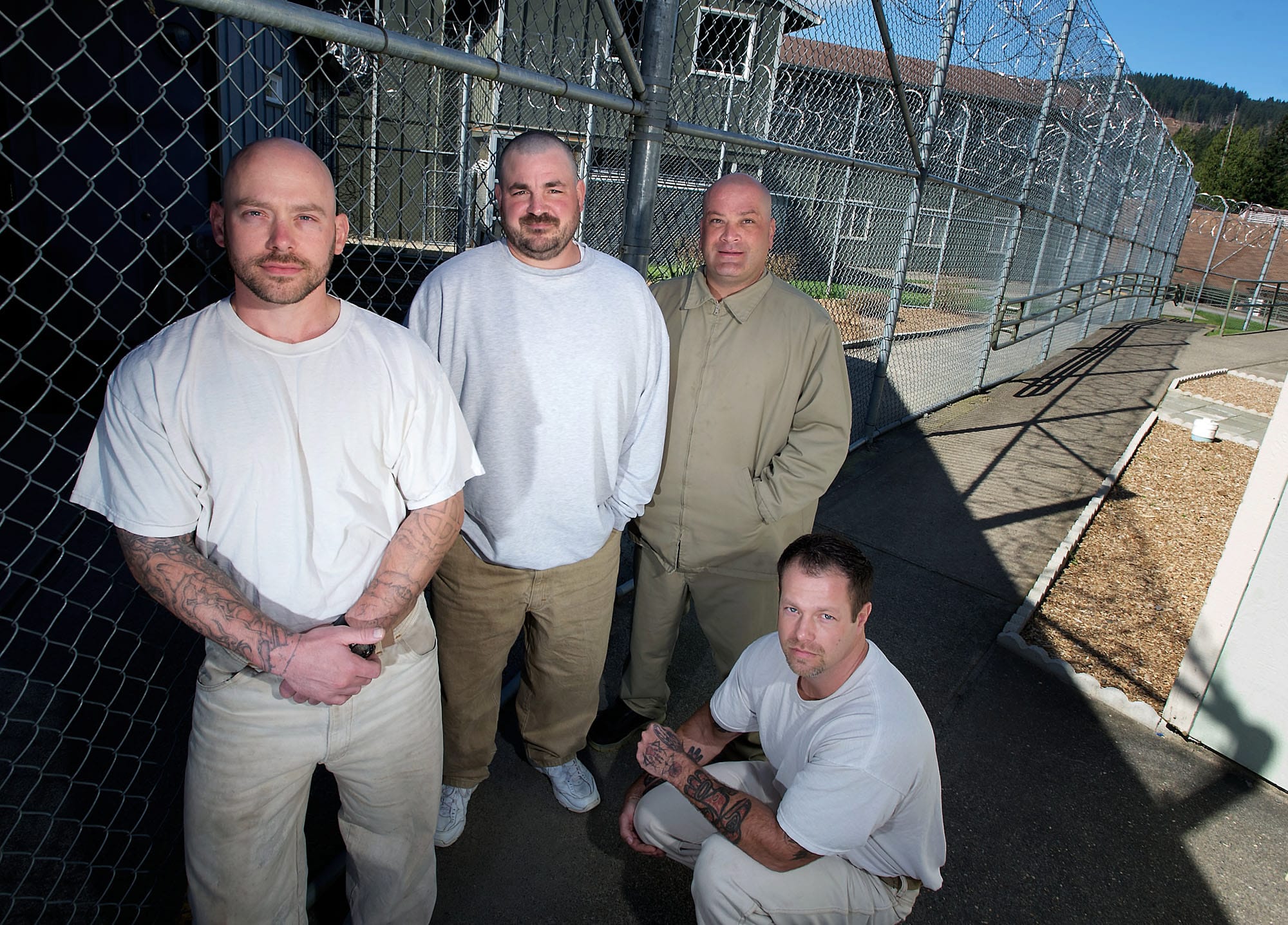LARCH MOUNTAIN — As dozens lay buried under the massive landslide near Oso last month, 17 inmates from Larch Corrections Center rolled up to the scene and set up camp to take care of the rescue crews.
Over the years, the men have witnessed their share of disasters, as members of a wildland firefighting crew that works with the Department of Natural Resources. But never before had they seen such devastation, said Michael Skinner, a 33-year-old inmate from Kitsap County.
“I doubt any of us knew what to expect,” Skinner said. “I didn’t. So, I just went in there with the mind frame of ‘Be as courteous as possible and do as much as I could for anyone that needed help.’??”
Skinner and the others arrived March 27, five days after the titanic wall of mud plowed over state Route 530, leaving dozens missing. As of Friday, rescue crews had recovered and identified 36 bodies from the scene, and seven people were still missing.




